
Smart Cities eager to improve city living experience and to prepare new services for citizens
Insights into the 2023 Smart Cities customer workshop
On 7 June and 8 June 2023, ITEA organised its 9th international customer workshop in Antwerp and this year it focused on Smart Cities, an important challenge of ITEA. The workshop was generously hosted by Nokia in its premises in Antwerp and organised with the help of Esri Canada, Siemens and BABLE.
The event gathered around 35 representatives coming from 10 end users of Smart Cities solutions representing the point of view of the customers and 18 solutions providers - large companies, research organisations and SMEs – with expertise in the Smart Cities sector. The following organisations took part:
| Smart Cities end users / Customers | Industry | SMEs - Research |
|---|---|---|
| City of Antwerp (BEL) | Barco (BEL) | Avans University of Applied Scences (NLD) |
| City of Brno (CZE) | Bosch (ROU) | BABLE.Digital (GER) |
| City of Ghent (BEL) | Dassault Systèmes (FRA) | Digital Ubiquity Capital (CAN) |
| City of Hasselt (BEL) | Esri Canada (CAN) | GIM (BEL) |
| City of Helmond (NLD) | Nokia Bell Labs (BEL) | Liveable Cities (CAN) |
| City of Rotterdam (NLD) | Royal HaskoningDHV (NLD) | Macq (BEL) |
| City of Tampere (FIN) | Siemens (BEL) | Public safety Innovation (NLD) |
| City of Tartu (EST) | SIRRIS (BEL) | |
| City of Zaragoza (ESP) | Sorama (NLD) | |
| Major Cities of Europe EU (GER) | ViNotion (NLD) | |
| National eHealth Living Lab (NLD) | Sopheon (NLD) | |
| VTT Technical Research Centre of Finland (FIN) |
This event was the second Smart Cities customer workshop organised by ITEA, the first one being held in Istanbul in September 2015. We decided to address the Smart Cities challenge once more for several reasons.
First, cities are very important for more and more people. Today worldwide, we have more people living in cities than in rural areas. It is forecast that this will continue to grow with more than 68% of the worldwide population living in cities in 2050. Everyone is interested in the progress proposed by the Smart Cities. Even if we do not live in a city, we all visit and access some of them so would like to benefit from new digital solutions to improve these experiences.
Second, the city level has the most impact politically on the daily life of citizens. So, citizens are eager to be in the loop of new digital solution developments. This presents a benefit and a challenge at the same time to manage citizen engagement.
Third, it is the right time to discuss how some technological evolutions can impact cities. There are more and more available and affordable sensors delivering new types of data that can be exploited to better manage the city. Artificial Intelligence is also an impactful technology for Smart Cities. Since this technology has already been involved in city solutions for several years, we can assess the first lessons learnt from the use of AI.
Finally, the evolution of the city needs the involvement of a lot of stakeholders. To move forward some collaborations must be put in place. This collaborative environment is very similar to ITEA collaborative research projects for which is it very valuable to have a complete value chain working together.
Topics addressed
For these different reasons, it was anatural choice for ITEA to centre the annual customer workshop on Smart Cities. To set up this event, we benefited from discussions with Esri Canada and Siemens who helped us to select four topics for the workshop. This selection was made knowing that a two-day workshop would be too short to address the whole field of Smart Cities. However, the selected topics already covered a large spectrum of research challenges for which software innovation can be a game changer.
-
Environmental footprint:
How to stimulate carbon neutrality, circular economy, sustainability and adaptation to climate change? - Mobility:
How to allow everyone to move from one point of the city to another considering all the mobility modes including walking, bike, trolley, public transportation, motorbike, car etc.? - City evolution planning:
How to plan the expansion of the city or to transform it for more activities or better living experience? - Security and crisis management:
How to ensure that the people will be safe inside the city; how to prepare action plans in the case of a disaster like fire, pollution, utilities breakdown, attack, etc.?
It was also decided to put some emphasis during the discussions on how Digital Twins can help to tackle these challenges. Nevertheless, the term ‘Digital Twin’ is not a clearly defined ‘thing’ that everyone understands in the same way. It is still surrounded by many questions regarding different aspects, from both a technological and application perspective:
- What is the best approach to design the Digital Twins?
- How can the relevant data be collected to design and to feed the Digital Twins?
- How the Digital Twins be connected to the real systems that they represent?
- How can multiple Digital Twins be interconnected?
- How can Digital Twins be shared between different city stakeholders?
The workshop aimed to enable the different participants to exchange views on these questions and to define a shared challenge on which to collaborate and build a shared vision.
Interactive format
During the first day of the workshop, one round table was organised for each topic with end-users presenting their point of view before having a discussion between them and the other workshop participants. These round tables were an opportunity to listen to end-users who shared their insights on the key challenges and to come up with a common vision of what are the most important problems and issues to solve.
The second day of the workshop was dedicated to brainstorming sessions about potential solutions to solve the challenges that were presented during the round tables. Each group consisted of around 6-10 people with a mix of end-users and technology providers. They focused on one of the four topics of the round tables with the ‘mission’ to highlight the main problems, discuss potential solutions and propose ideas that could become collaborative research projects to be submitted to an ITEA Call for projects.
Workshop outcomes & online report
Once again, this international customer workshop reconciled the customers concerns and stirred the interest of technology providers (large industry, research institutes as well as innovative SMEs) in a very open manner, thanks to all participants. It was very fruitful with many challenges shared and 16 project ideas generated. The full report, including a detailed description of the challenges and proposed ideas, can be found at https://itea4.org/podays2023/ idea/list/tool-40.html.
In addition to the emergence of these concrete ideas and of some collaborations, the workshop has helped to progress towards a shared vision of the research priorities to address the important transformation underway in Smart Cities. The participants developed new connections that will be important as no single player can tackle the current challenges alone. In conclusion, this workshop was very valuable to foster ITEA activities in the Smart Cities sector.
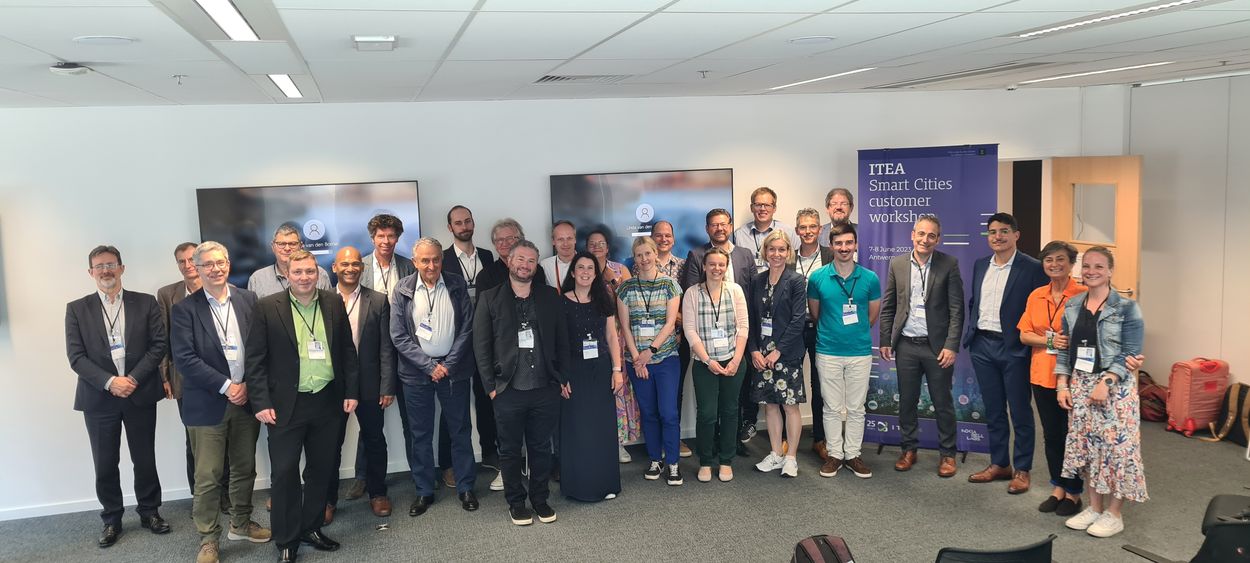
“I am glad to have taken part in this workshop due to the tremendous awareness and wonderful insights it has provided on the complex challenges faced by modern cities. The multidisciplinary nature of the workshop enabled a rich exchange of knowledge and perspectives and sparked our enthusiasm to tackle with courage the opportunities in the Smart Cities sector. I am looking forward to continue the collaboration and partnership with ITEA and the great people I met at this session."
Technical Project Leader
Robert Bosch SRL - Romania
“I look back on an interesting and successful ITEA customer workshop. It is great to see how first matches are being made between the challenges of the cities and propositions from the market. Perhaps even more interesting is the fact that many cities struggle with the same questions. This offers opportunities for truly transferable and scalable solutions from the market. To achieve this it is important to make a clear separation between applications and the underlying data. And to align as much as possible with international standards."
Business Development Manager Digital City
City of Helmond - the Netherlands

Other chapters
Use the arrows to view more chapters
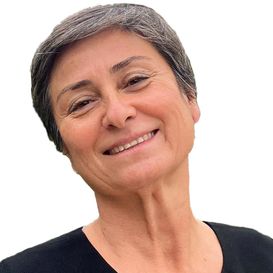
Editorial
By Zeynep Sarılar
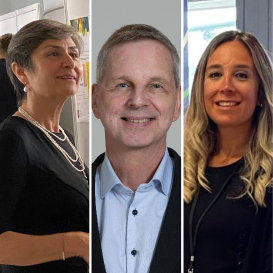
25 years of ITEA
Two Public Authorities share their views of the ITEA experience
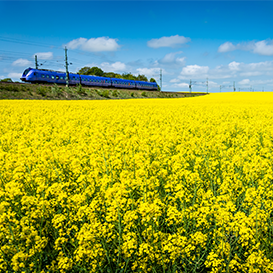
Country Focus: Sweden
Research and innovation are crucial for competitiveness, sustainability and resilience
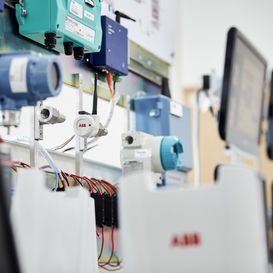
ABB
Provider of world-leading sustainable and automated solutions
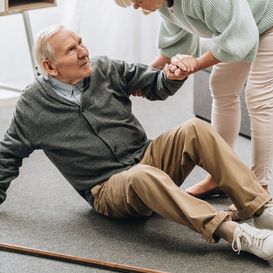
HeKDisco Project benefits story
AI system and smart wristband helps prevent the elderly from falling

ITEA Success story: PARTNER
‘One patient, one team’ approach for hospitals
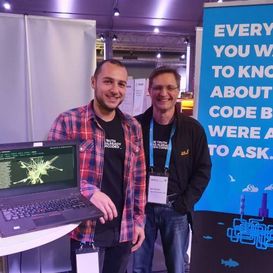
SME in the Spotlight: Cape of Good Code
A business value metric for software leaders

Community Talk with Gjalt Loots
A multifaceted connector!
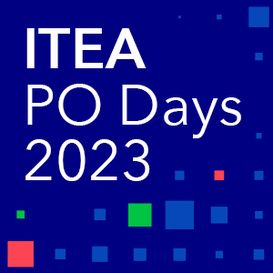
ITEA PO Days 2023 & 25 years anniversary and exhibition
Become part of ITEA's next ground-breaking innovation!
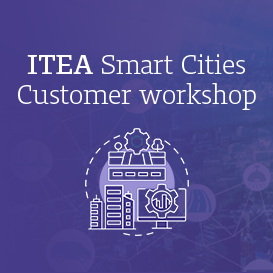
ITEA Smart Cities customer workshop
Insights into the 2023 Smart Cities customer workshop

ITEA Success story: VMAP
Enhancing interoperability in virtual engineering workflows
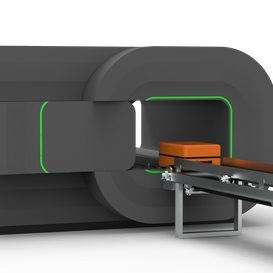
By and for end-users
Dynaxion aims for a safer society with AI-based Spectroscopy
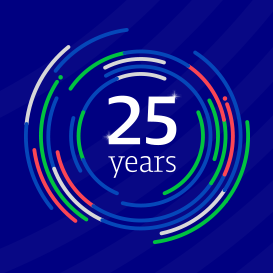
25 years of ITEA
Ground-breaking innovations we’re still grateful for today
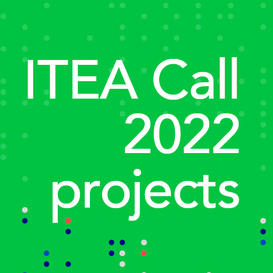
ITEA Call 2022 projects
Unveiling strong international projects with focus on AI

